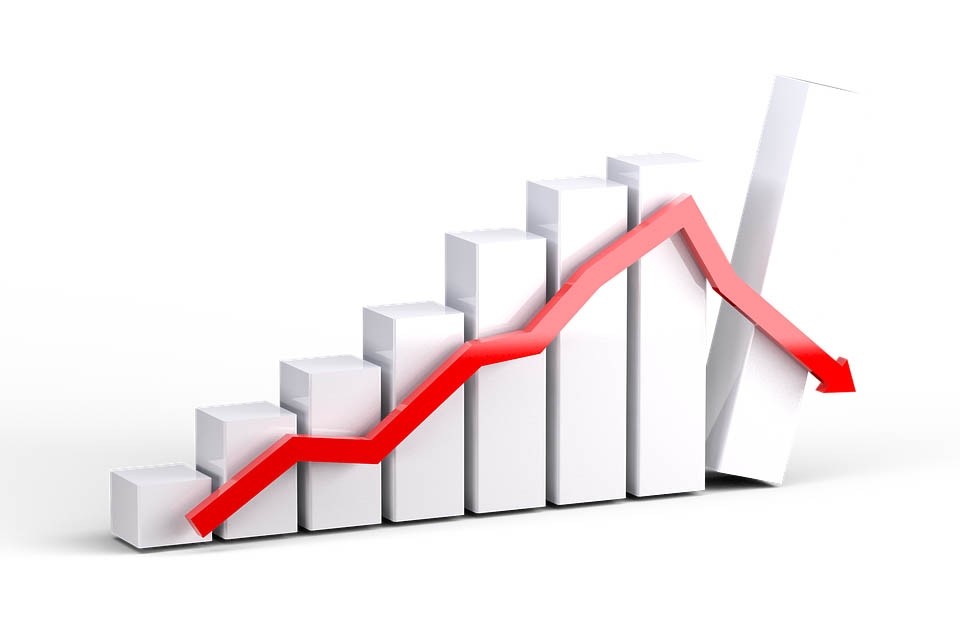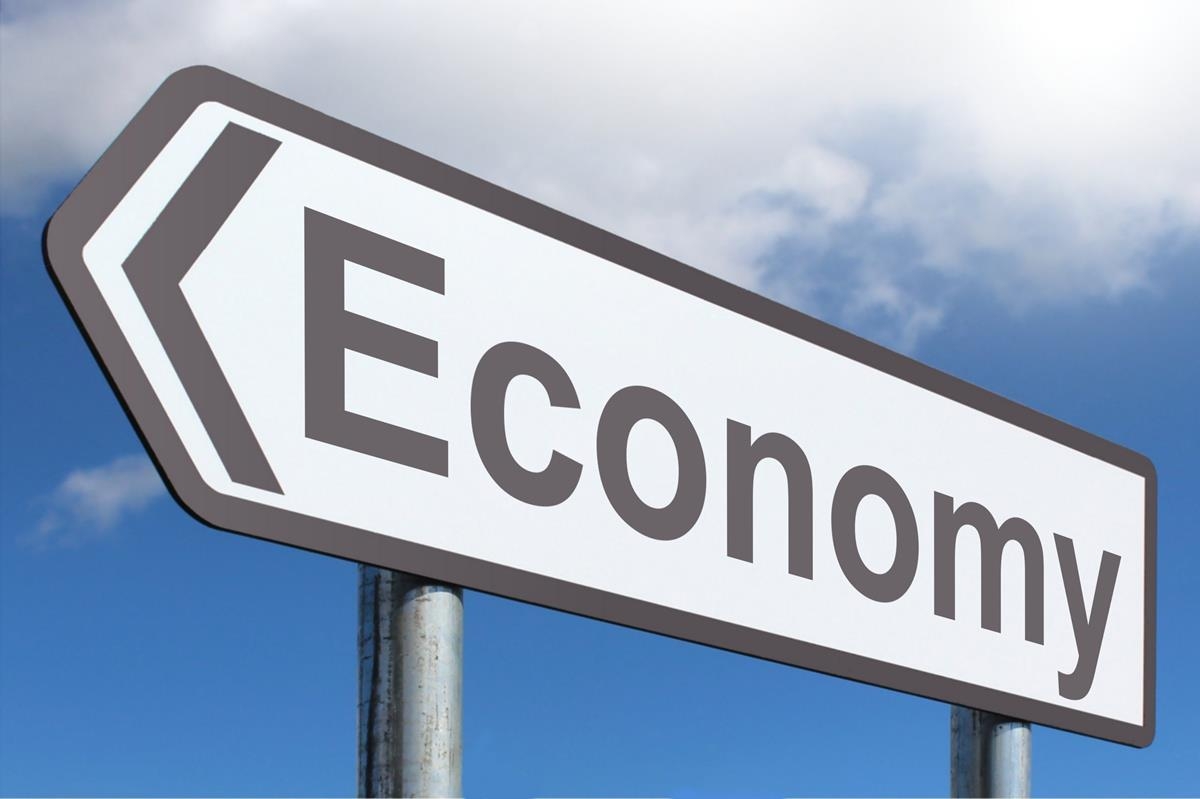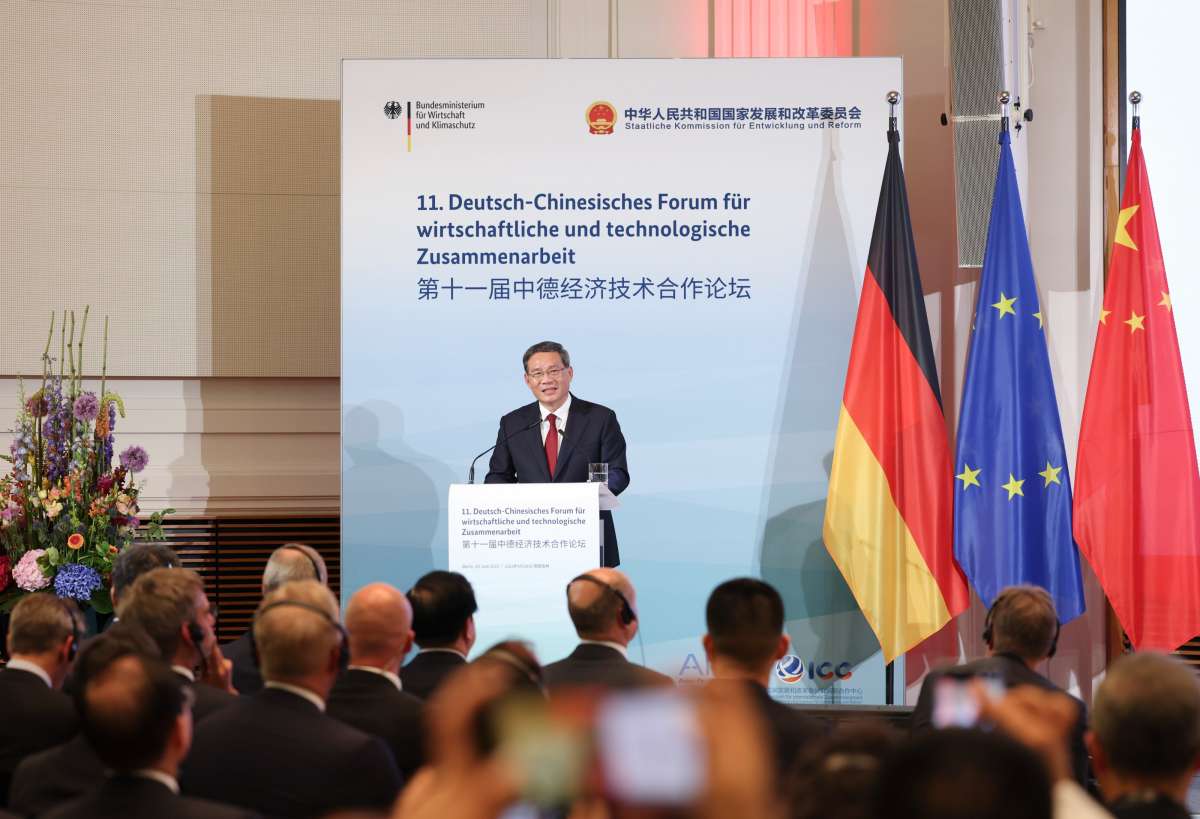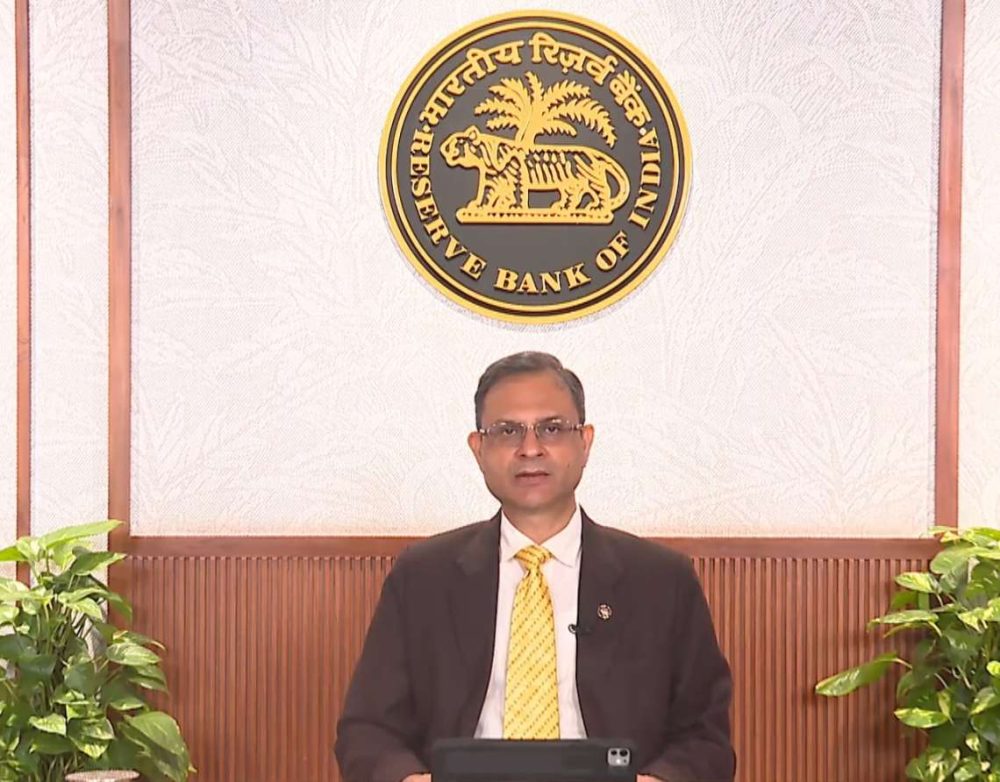Burgess and his colleagues used two economic models to project how much the global economy will grow over the next century…reports Asian Lite News
Global future economic growth will be slower than predicted, with developing nations taking longer to close the wealth gap and approach the income of wealthier nations, a new study has predicted.
Governments need to start planning for slower-growth scenarios, which may involve wealthier nations providing lower-income countries with financing for climate change adaptations, according to the study published today in the journal Communications Earth & Environment.

“We’re at a point where we maybe need to significantly increase financing for (climate) adaptation in developing countries, and we’re also at a point where we might be overestimating our future ability to provide that financing under the current fiscal paradigm,” said Matt Burgess, assistant professor of environmental studies at University of Colorado Boulder who led the study.
Burgess and his colleagues used two economic models to project how much the global economy will grow over the next century and how quickly developing countries will approach the income levels of wealthier nations.
Both models found the global economy will continue to grow, but that growth will be slower than most economists expected and there will be a larger income gap between wealthier and poorer nations.
This means richer countries may need to help finance climate adaptations for poorer countries, and debt-ceiling crises, like what the United States experienced this spring, may become more common.
“Slower growth than we think means higher deficits than we expect, all else equal,” Burgess said. “That means debt would likely become more contentious and important over time, and could mean more frequent debt-ceiling fights.”
Still, many wealthy nations are accustomed to growing their way out of debt, but that may not be possible under the new scenario, according to Ashley Dancer, a graduate student at CU Boulder and co-author of the study.
“The next question is: what are some ways that we should be or could be helping [lower-income countries] adapt, if the expectation is that they’re not going to meet the level of wealth that would allow them to do that quickly and aggressively?” Dancer said.














